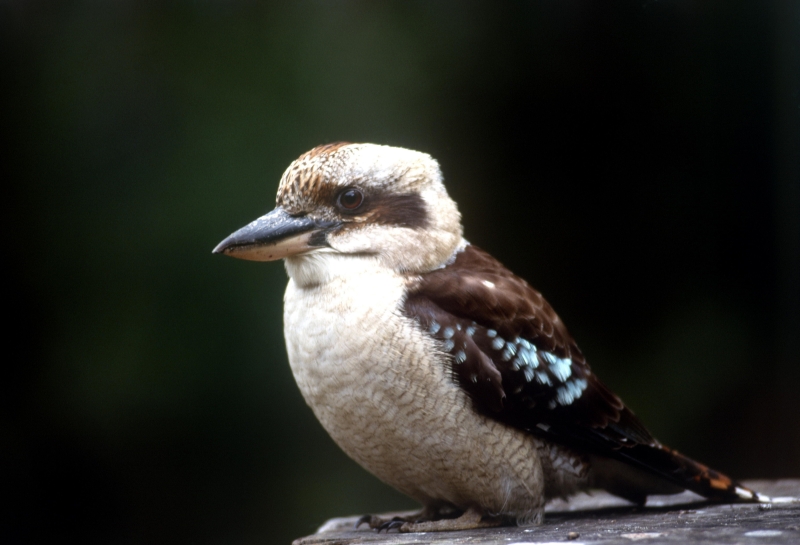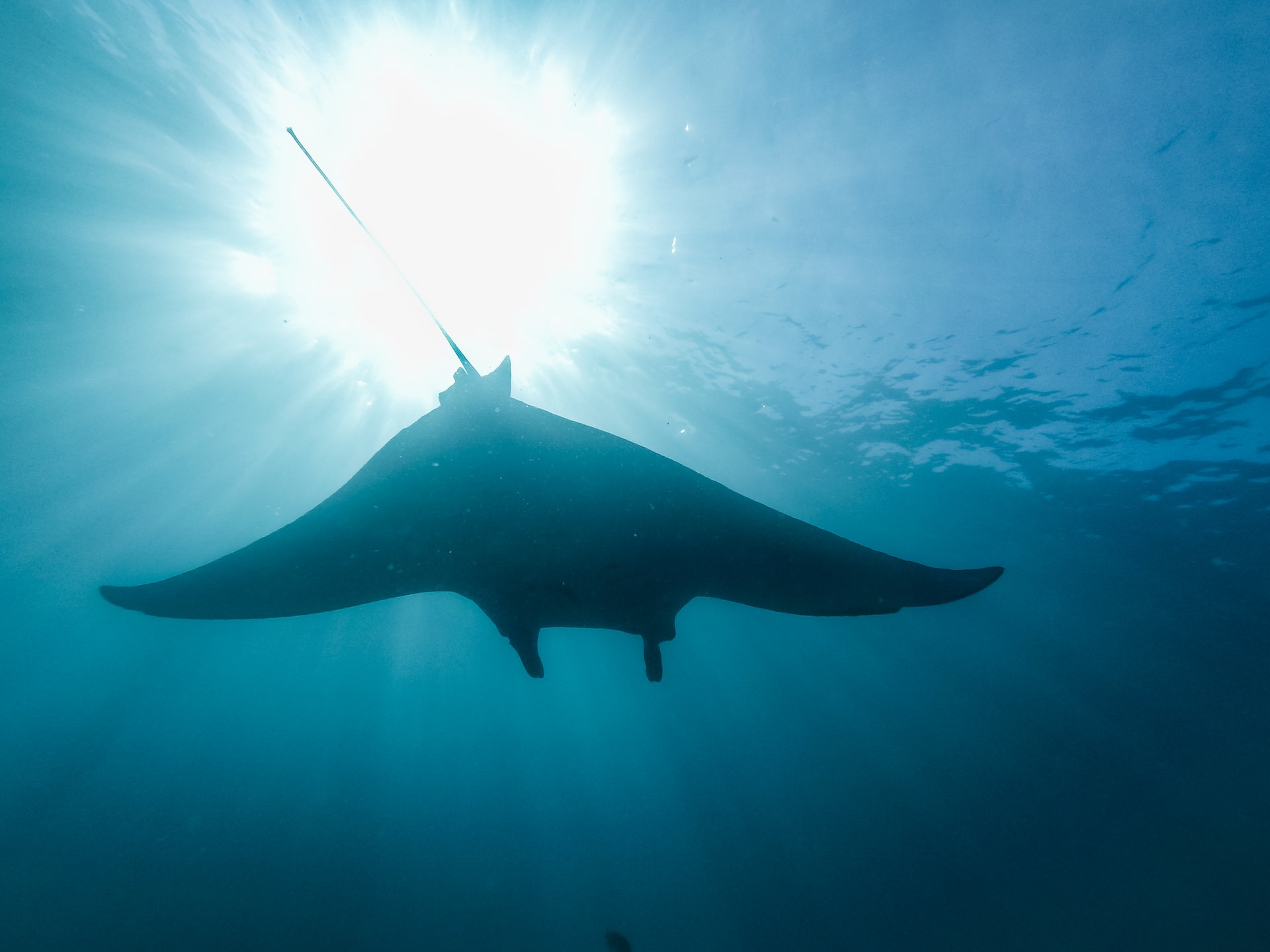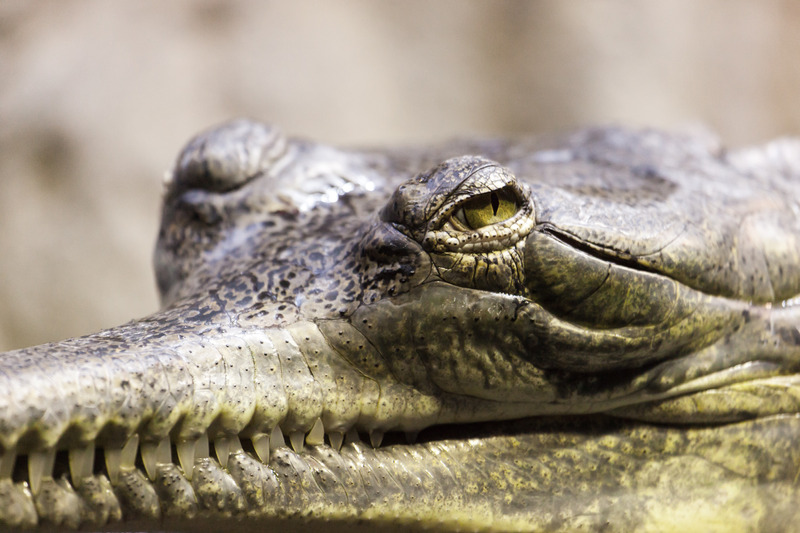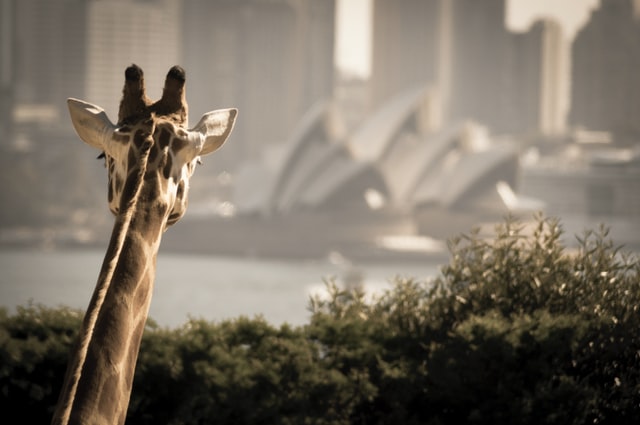Australian Mammal Encounters
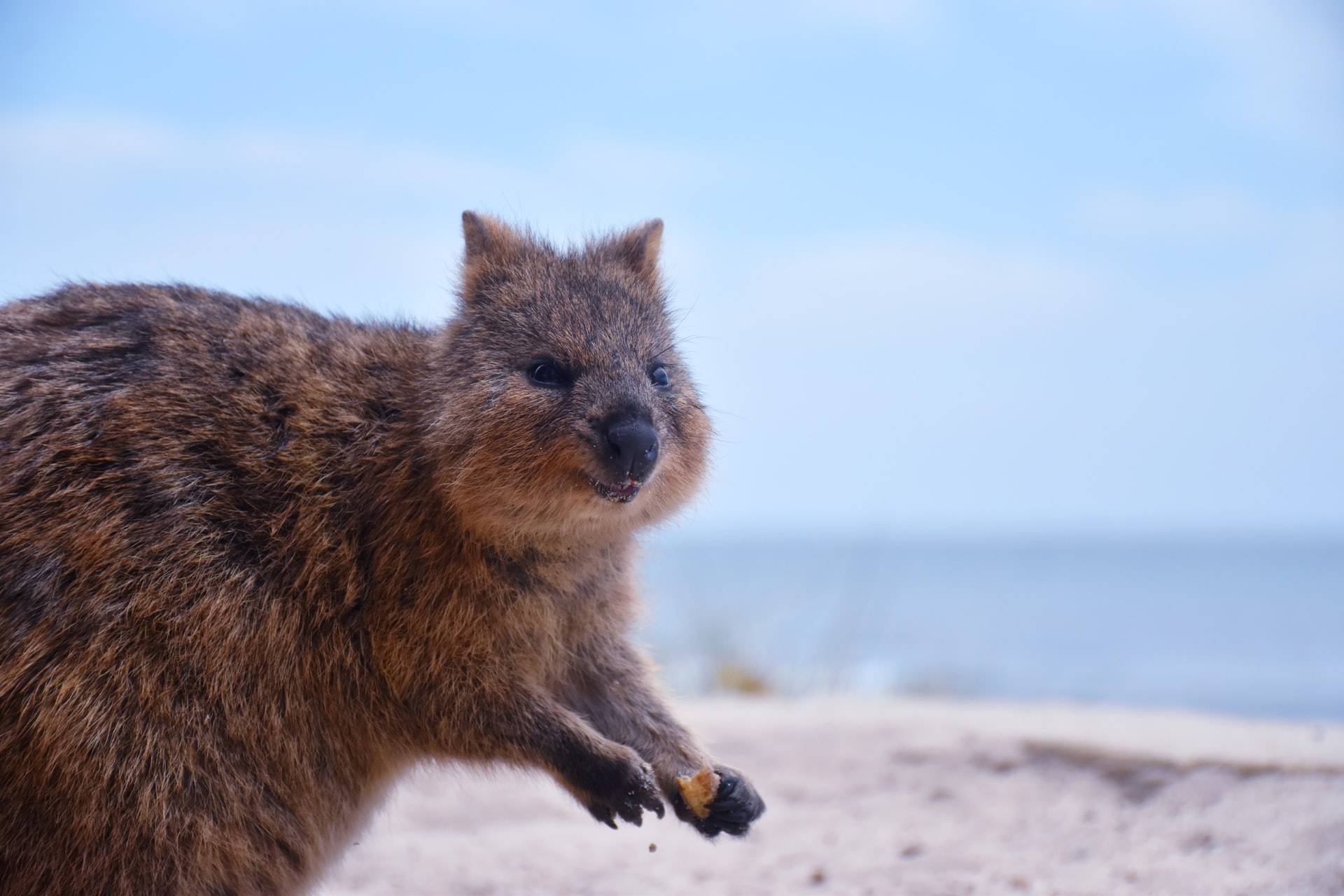
Explore Australia’s Iconic Mammals: A Wildlife Bucket List
Australia is home to some of the most unique and endearing mammals in the world — from the elusive platypus to the always-smiling quokka. Whether you’re dreaming of seeing a kangaroo bounding across a red desert at sunset, cuddling a wombat, or watching a koala snoozing in a gum tree, this Australian Mammals Bucket List will help you plan memorable wildlife encounters across every state and territory.
This guide includes a mix of ethical wildlife parks, close encounters, and wild viewing experiences — all sorted by State for easy trip planning.
Meet the Marsupials: Australia’s Remarkable Mammal Family
When people think of Australian mammals, marsupials are usually the first to come to mind — and for good reason. These fascinating creatures are defined by their unique method of reproduction: most give birth to underdeveloped young that continue growing inside a pouch. Australia is the marsupial capital of the world, home to over 200 species including kangaroos, wallabies, wombats, koalas, and the lesser-known but equally incredible quolls and bettongs.
Marsupials have adapted to thrive in every corner of the continent — from the arid Outback to the dense rainforests and alpine regions. Some, like the agile wallaby, are expert rock-hoppers, while others, such as the sugar glider, soar gracefully between treetops. Even in urban areas, it’s not uncommon to see a brushtail possum balancing on a fence or a mob of kangaroos grazing on a golf course at dusk.
Each encounter with a marsupial offers a glimpse into Australia’s evolutionary story. These animals are living links to a deep natural history found nowhere else on Earth. By seeking out ethical viewing opportunities and supporting conservation efforts, you’ll not only enjoy unforgettable experiences but also help ensure these iconic species continue to thrive for generations to come.
The Egg-Laying Mammals: Meet the Monotremes
Australia is also home to some of the rarest and most ancient mammals on Earth — the monotremes. Unlike most mammals, monotremes lay eggs instead of giving birth to live young, a trait that has fascinated scientists and wildlife lovers alike. There are only five species of monotremes in the world, and two of them — the platypus and the short-beaked echidna — are found in Australia.
The platypus, with its duck-like bill, webbed feet, and sleek body, looks almost mythical and is famously elusive. Spotting one in the wild, as it glides silently through a quiet creek at dawn, is one of Australia’s most magical wildlife experiences. The echidna, covered in spines and equipped with a long, sticky tongue for catching ants and termites, is more commonly seen — even waddling across bush tracks and country roads.
These remarkable mammals are evolutionary marvels, offering a window into an ancient lineage that predates the age of dinosaurs. Protecting their fragile habitats is crucial, so when planning a trip to see monotremes, look for guided experiences or nature reserves that prioritise ethical wildlife viewing and conservation.
Australian Mammal Encounters in the Australian Capital Territory (ACT)
| Species | Location | Best Time | Notes |
|---|---|---|---|
| Eastern Grey Kangaroos | Namadgi National Park | Year-round, dawn/dusk | Wild |
| Common Wombats | Tidbinbilla Nature Reserve | Year-round, late afternoon | Wild |
| Sugar Gliders | Tidbinbilla Nature Reserve | Night spotlighting, best spring to autumn | Wild |
Australian Mammal Encounters in New South Wales (NSW)
| Species | Location | Best Time | Notes |
|---|---|---|---|
| Kangaroos | Depot Beach, Murramarang NP | Early morning or late afternoon, year-round | Wild |
| Euroka Clearing, Blue Mountains NP | Wild | ||
| Bindarri NP | Wild | ||
| Jervis Bay NP | Wild | ||
| Koalas | Wild Life Sydney Zoo | Year-round | Breakfast encounter |
| Sugar Gliders | Northern NSW forests | Sept–April (warm nights) | Spotlighting at night |
Australian Mammal Encounters in New South Wales (NSW)
| Species | Location | Best Time | Notes |
|---|---|---|---|
| Kangaroos | Depot Beach, Murramarang NP | Early morning or late afternoon, year-round | Wild |
| Euroka Clearing, Blue Mountains NP | Wild | ||
| Bindarri NP | Wild | ||
| Jervis Bay NP | Wild | ||
| Koalas | Wild Life Sydney Zoo | Year-round | Breakfast encounter |
| Sugar Gliders | Northern NSW forests | Sept–April (warm nights) | Spotlighting at night |
Australian Mammal Encounters in the Northern Territory (NT)
| Species | Location | Best Time | Notes |
|---|---|---|---|
| Dingoes | Kakadu National Park | Dry season (May–October), early morning or dusk | Wild sightings; no feeding |
| Kangaroos | Litchfield National Park | Year-round, dawn/dusk | Wild |
| Platypus | Berry Springs Nature Park | Year-round, early morning or dusk | Wild |
| Wallabies | Nitmiluk National Park (Katherine Gorge) | Year-round, dawn/dusk | Wild |
Australian Mammal Encounters in Queensland (QLD)
Kangaroos Fighting on the Beach at Sunrise | Cape Hillsborough
Watch two kangaroos square off at sunrise on the iconic beach at Cape Hillsborough in Queensland, Australia! This incredible wildlife moment was captured as the sun rose over the Coral Sea — a bucket list experience that blends natural beauty with pure Aussie charm.
🌅 Cape Hillsborough is famous for its sunrise kangaroo encounters, but witnessing a little morning boxing match? That’s next level!
Kangaroos on the Beach at Sunrise | Cape Hillsborough, Queensland
Experience the magic of sunrise at Cape Hillsborough, where kangaroos and wallabies hop along the shoreline as the first light hits the sand. This breathtaking scene, unique to this part of Queensland, is a must-see for wildlife lovers and photographers alike.
Filmed during a calm, golden morning, this video captures the beauty and serenity of these wild kangaroos as they move gracefully across the beach – a truly Australian wildlife encounter.
| Species | Location | Best Time | Notes |
|---|---|---|---|
| Bilbies | Charleville Bilby Experience | April–October | Conservation experience |
| Dingoes | Fraser Island (K’gari) | May–October (dry season), early/late in day | Wild – no feeding |
| Kangaroos | Lone Pine Koala Sanctuary, Brisbane | Early morning or late afternoon, year-round | Hand-feed |
| Currumbin Wildlife Sanctuary, Gold Coast | Hand-feed | ||
| Cape Hillsborough NP | Wild | ||
| Coombabah Lakes Conservation Area | Wild | ||
| Noosa NP | Wild | ||
| Daintree Rainforest | Wild | ||
| Koalas | Currumbin Wildlife Sanctuary | Year-round; early morning best | Cuddle a koala |
| Lone Pine Koala Sanctuary | Cuddle a koala | ||
| Australia Zoo | Cuddle a koala | ||
| Coombabah Lakes Conservation Area | Wild | ||
| Daisy Hill Koala Park | Wild | ||
| Platypus | Yungaburra | May–October, early morning or dusk | Wild |
| Possums | City Botanic Gardens, Brisbane | Best at night | Urban areas |
| Rock Wallabies | Granite Gorge Nature Park | May–October | Hand-feed |
| Boodjamulla (Lawn Hill) NP | Wild | ||
| Tree Kangaroos | Atherton Tablelands | May–October (dry season), early morning | Wild |
Australian Mammal Encounters in South Australia (SA)
| Species | Location | Best Time | Notes |
|---|---|---|---|
| Koalas | Mikkira Station, Port Lincoln | Sept–Mar | Camp among wild koalas |
Australian Mammal Encounters in Tasmania (TAS)
Wombat and Joey | Cradle Mountain Wildlife Encounter – Ronny Creek
A heartwarming moment with a mother wombat and her joey grazing peacefully at Ronny Creek, Cradle Mountain–Lake St Clair National Park, Tasmania. Known for its open plains and boardwalks, Ronny Creek is one of the best places to observe wombats in the wild.
This gentle scene captures the bond between mother and baby as they forage in the early light – a special encounter with one of Australia’s most beloved marsupials.
Pademelon at Cradle Mountain | Peaceful Grazing Near Waldheim Cabins
Watch this adorable pademelon enjoying a quiet moment grazing on grass near the carpark by the Waldheim Cabins in Cradle Mountain–Lake St Clair National Park, Tasmania. These shy, compact marsupials are often spotted around the area, especially in the early morning or late afternoon.
Filmed during a peaceful visit to this stunning alpine region, the video captures the natural charm of Tasmania’s wildlife in its native habitat.
| Species | Location | Best Time | Notes |
|---|---|---|---|
| Echidna | Ronnie’s Creek, Cradle Mountain | Oct–Mar (warm days) | Wild |
| Kangaroos | Maria Island NP | Year-round, dawn/dusk | Wild |
| Narawntapu NP | Wild | ||
| Pademelons | Cradle Mountain NP | Year-round, early morning and dusk | Wild |
| Maria Island | Wild | ||
| Mt Field NP | Wild | ||
| Platypus | Platypus House, Beauty Point | Year-round | Viewing centre |
| Mole Creek Campground | Wild | ||
| Quolls | Mt Field NP (ranger-led night walks) | Oct–Apr | Book in advance |
| Wombats | Maria Island | Year-round, late afternoon | Wild |
| Ronnie’s Creek, Cradle Mountain | Wild | ||
| Narawntapu NP | Wild |
Australian Mammal Encounters in Victoria (VIC)
| Species | Location | Best Time | Notes |
|---|---|---|---|
| Flying Foxes | Yarra Bend Park, Melbourne | Year-round, sunset | Large urban colony |
| Kangaroos | Mornington Peninsula NP | Year-round, dawn/dusk | Wild |
| Grampians NP | Wild | ||
| Koalas | Cape Otway | Year-round, dusk best | Wild sightings and camping |
| Platypus | Healesville Sanctuary | Year-round | Wading encounter |
| Sugar Gliders | East Gippsland (spotlighting tours) | Oct–Mar (spring to early autumn evenings) | Rainforest/bushland gliders |
Australian Mammal Encounters in Western Australia (WA)
| Species | Location | Best Time | Notes |
|---|---|---|---|
| Bilbies | Kanyana Wildlife Centre, Perth Hills | Year-round, check tour schedule | Rehab centre tours |
| Kangaroos | Lucky Bay, Cape Le Grand NP | Year-round | Wild, beach selfies |
| Yanchep NP | Wild | ||
| Cape Range NP | Wild | ||
| Quokka | Rottnest Island | Year-round | Selfies popular, wild habitat |
Tips for Spotting Mammals in Australia (and When to Go)
Best Time of Year:
Many Australian mammals are active year-round, but the cooler months (April–October) are often the best for wildlife spotting, as animals are more active during the day and conditions are ideal for bushwalking. In northern regions (e.g. NT, northern QLD), the dry season (May–October) is especially rewarding for wildlife.
Time of Day:
Most mammals in Australia are nocturnal or crepuscular (active at dawn/dusk). Try to time your visit to national parks or reserves early in the morning or around sunset for your best chance of sightings.
Where to Look:
Quiet walking trails, forested areas, near water sources, and campsites are great spots for wild sightings. Some animals like possums and wombats are often seen close to campgrounds.
Guided Tours:
Some of the harder-to-spot species (like quolls or platypus) are best viewed with the help of a local guide or on a ranger-led walk.
Be Quiet & Patient:
Move slowly, avoid loud noises, and watch for subtle movement in the bush. Wild animals often blend in with their surroundings.
Unforgettable Wildlife Experiences: Where to See Australian Mammals in the Wild
Australia is one of the best places in the world to see unique native mammals in their natural habitat. From spotting wombats in Tasmania and tree kangaroos in Queensland’s rainforests to watching kangaroos hop along wild beaches and encountering echidnas on alpine trails, these experiences are truly unforgettable. Whether you’re planning a wildlife-focused road trip or adding animal encounters to your Australian bucket list, use this guide to find the best places to see Australian mammals, the ideal time to visit, and tips for ethical wildlife watching. Embrace the adventure, respect the animals, and enjoy discovering the incredible mammals that make Australia so special.
Explore Other Australia Animal Encounters
Australian Bird Encounters
Australian Marine Encounters
Australian Reptile Encounters
Zoos, Wildlife Parks and Animal Sanctuaries Zoos and Wildlife Sanctuaries
Subscribe for Bucket List updates


